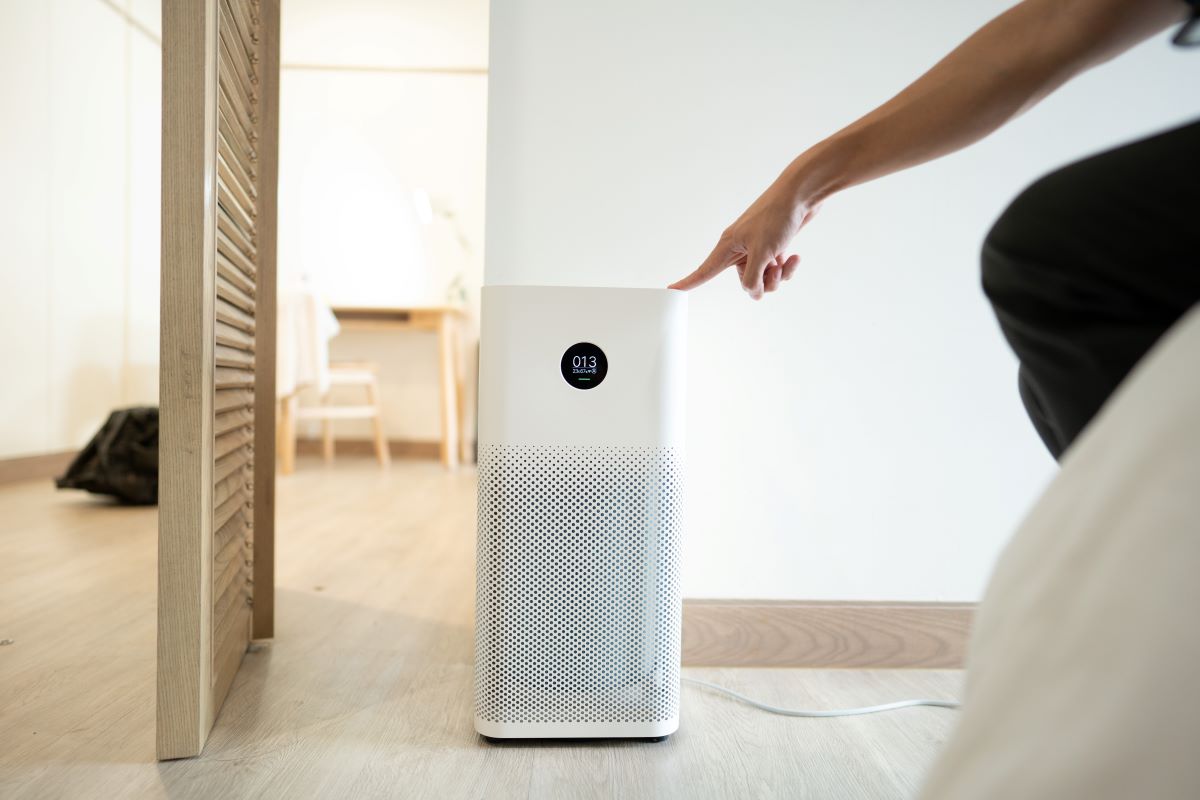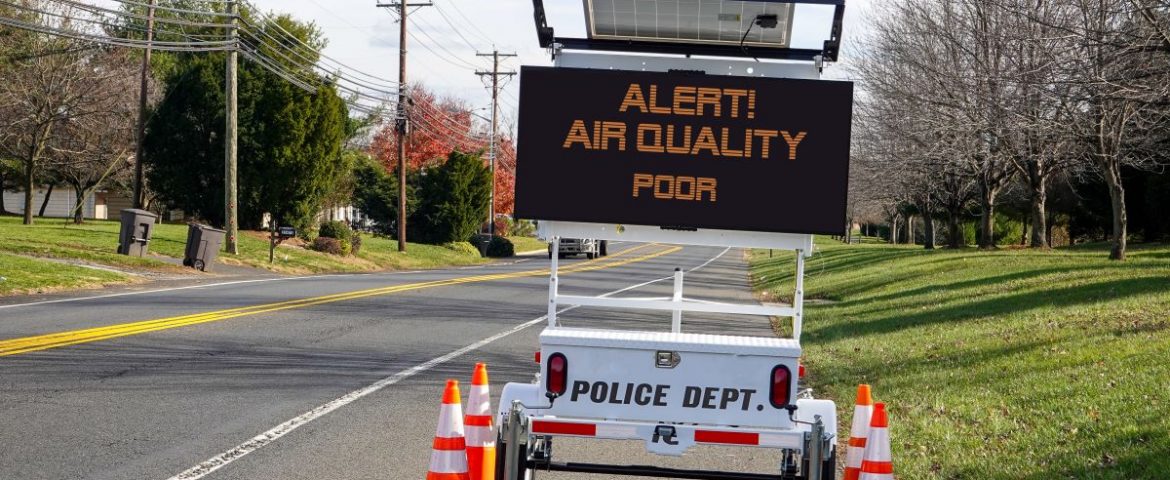As wildfires rage across Canada, their effects are being felt far beyond the border. In fact, this week Detroit ranked among the worst cities in the world for air quality.

While the hazy skies may seem like just a visual nuisance, poor air quality can have serious health consequences—especially for sensitive groups like children, older adults, pregnant women and those with heart or lung conditions.
What does poor air quality mean for your health?
According to the CDC, smoke from wildfires can penetrate deep into the lungs and even enter the bloodstream. Exposure to these particles can lead to:
- Respiratory issues: Coughing, wheezing, shortness of breath and aggravated asthma.
- Cardiovascular stress: Increased risk of heart attacks and strokes.
- Eye and throat irritation: Burning sensations and dryness.
- Fatigue and headaches: Especially in those with pre-existing conditions.
The CDC says wildfire smoke can affect anyone, but especially those with pre-existing health conditions, children, older adults and pregnant individuals. Even healthy individuals may experience symptoms during prolonged exposure to smoky conditions.

Six ways to protect yourself during air quality alerts:
- Check the Air Quality Index (AQI): Use your weather app or check your local news to monitor conditions. Look for alerts labeled “Unhealthy for Sensitive Groups” or worse.
- Limit outdoor activities: Especially during peak smoke hours. If you must be outside, keep it brief and avoid strenuous exercise.
- Keep the indoor air clean: You can start by closing all windows and doors. Run an air purifier if you have one. The CDC recommends air purifiers with HEPA filters. It’s also recommended to avoid burning candles or using gas stoves excessively during a period of poor air quality.
- Wear a mask: Some masks, such as N95 or KN95, may help filter out fine particles if you need to be outside.
- Stay hydrated: Drink plenty of water to help your body flush out any toxins.
- Create a clean air room: Designate one room in your home with an air purifier and sealed windows for refuge during smoky days.
Looking ahead
Wildfire seasons are becoming longer, and air quality issues may become more frequent. Staying informed and prepared is key to protecting your health and your family’s well-being.
Remember: the air you breathe matters. Take precautions, stay indoors when needed and keep an eye on the skies—and the AQI.


